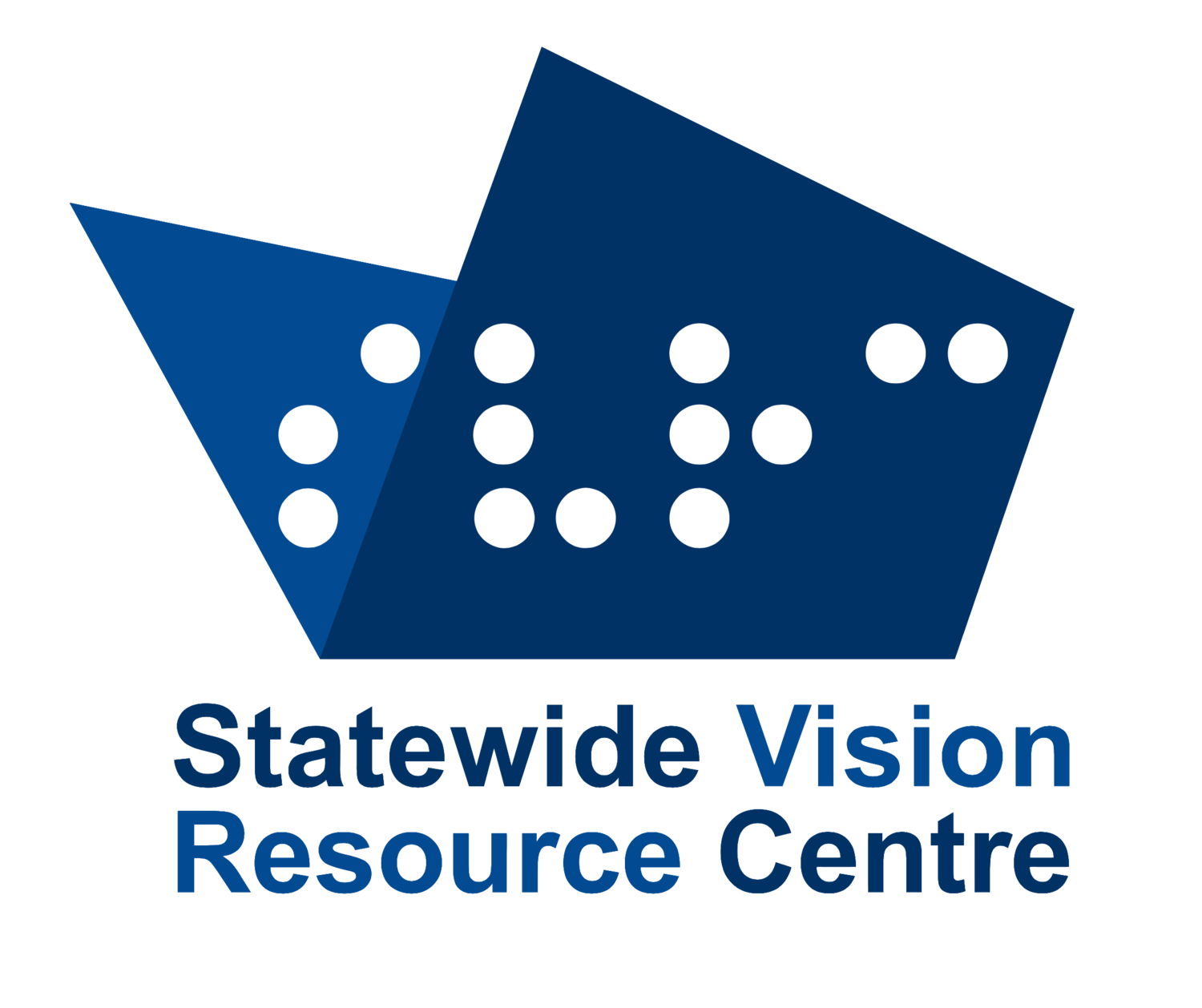Education Vision Assessment Clinic
Our Education Vision Assessment Clinic (EVAC) identifies children and young people who have significant vision loss and recommends appropriate supports for them at school. We run this service in partnership with the Royal Victorian Eye and Ear Hospital. This service also assesses your child’s eligibility for extra support from us and from the Department of Education’s Visiting Teacher Service.
There is no cost to either your family or school for this assessment.
Getting Assessed for Vision Impairment
Referrals to EVAC can be made by ophthalmologists, optometrists, orthoptists, early childhood educators, school nurses, principals, parents, carers or teachers.
Prior to attending EVAC, children should have been seen by their own ophthalmologist within the past 12 months. Attendance at EVAC does not replace treatment, prescriptions and ongoing management of the child’s vision.
In order for your child to be assessed by EVAC:
complete the EVAC Application Form, taking care to sign and date all relevant sections
the EVAC team, including the paediatric ophthalmologist, will review the information provided by your child’s ophthalmologist
you will be offered an EVAC appointment if your child’s vision, as stated by your ophthalmologist, is significantly reduced.
Children can be referred to EVAC at any time from pre-Prep until Year 12. For children with vision in the legally blind range, EVAC referrals should ideally be made between 12-24 months prior to their expected start of school. For children in the partially sighted range, EVAC referrals should be made 6-12 months prior to their expected start of school.
For further information please phone our EVAC officers on (03) 9841 0807.
More Information for Families
Once you have submitted the EVAC Application Form, one of our education officers will contact you either to request additional information, or to confirm your appointment and time. EVAC clinics are conducted on a Wednesday morning at The Royal Victorian Eye and Ear Hospital in East Melbourne.
When your child arrives at the EVAC clinic they will be assessed by an orthoptist and a paediatric ophthalmologist. You will also have the opportunity to meet with two education officers. The role of the education officers is to highlight the educational implications of your child’s vision and provide age appropriate suggestions to those who will be working with your child in their school environment.
The EVAC team aims to get as much information as possible about your child’s vision and how it is likely to affect them educationally.
Vision tests generally include measuring distance vision acuity using an eye chart (reading or matching letters or pictures), assessing the most suitable print size for reading, looking at eye movements, checking spectacle prescriptions, assessing the visual field, photographs of the eyes, and examination of eye health. In order to examine the health of the eye, eye drops are usually administered to dilate the pupil. It is helpful to bring a hat and/or sunglasses because this dilation will make your child’s eyes more light sensitive for the remainder of the day.
Results
We find that approximately one quarter of children assessed at EVAC are found to have vision which has improved to a level that makes them no longer eligible for additional support when they start school. There are several reasons for this. At this stage of their development, many children are better able to respond to tests involving letters or even pictures than they have been previously, and this allows for more reliable and accurate test results. At EVAC, we also try to encourage cooperation and allow children sufficient time to respond reliably to the testing, rather than hurrying them through a clinical test. Also, some children have congenital vision impairments which are known to improve as children get older.
An assessment from EVAC that a child is ‘ineligible for support’ is good news because it indicates that the child’s vision has improved or their ability to be tested has improved. A child cannot test better than their vision will allow.
Functional Vision Assessment at School
If your child’s vision is found to be within the partially sighted or legally blind range, one of the education officers will attend your child’s school to conduct a functional vision assessment.
Because the education officers are involved in the clinical assessment, they can take accurate and current information to your child’s school. The clinical assessment at the Eye and Ear Hospital informs the school-based functional vision assessment and our recommendations for practical teaching and learning adjustments.
A comprehensive report will be prepared by the education officer and is generally sent to you for your input, prior to it being sent to your child’s school and visiting teacher. The report of the clinical assessment is also available to you and any professional you nominate.
